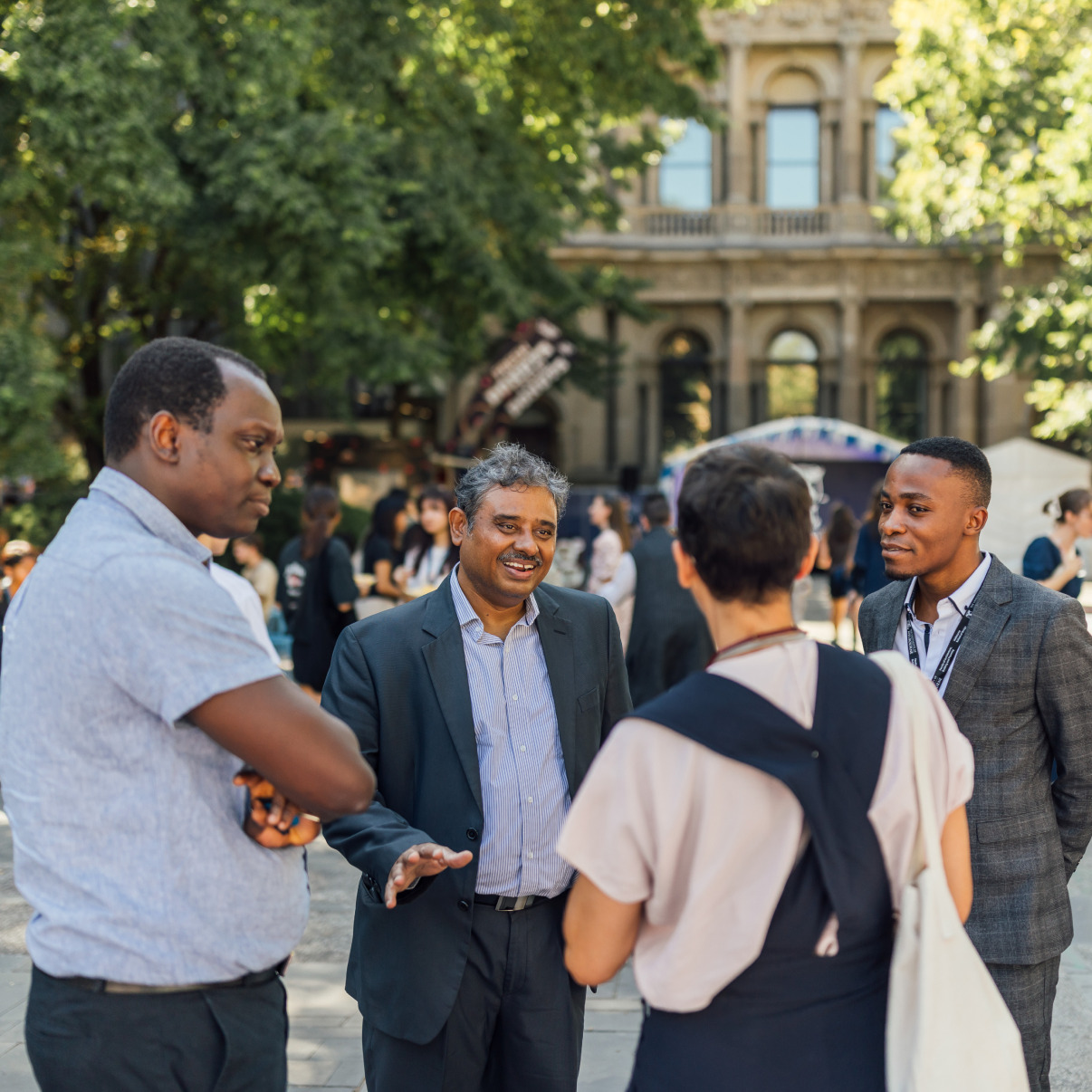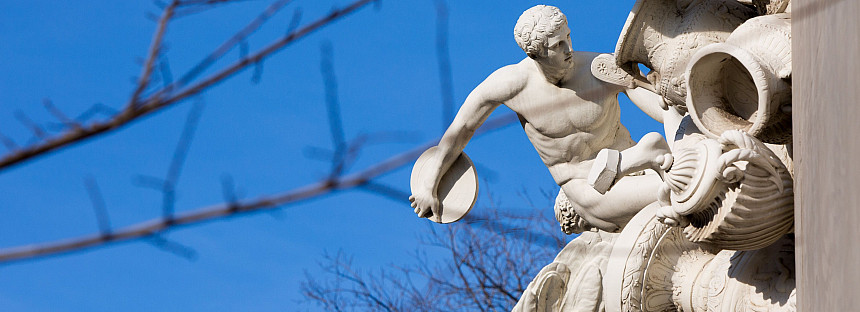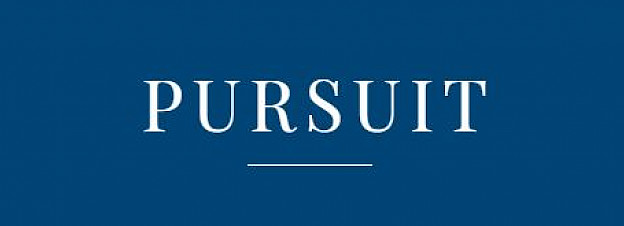
University of Melbourne Events Calendar
Featured events
Fay Marles AM Memorial Service
The University of Melbourne will host a memorial service to honour and celebrate the life of Fay Marles AM.
Fay Marles’ association with the University was long and distinguished, spanning over 60 years as a student, staff member, Council member and Chancellor.
The memorial service will commence at 11.00am and conclude at 12.15pm, we encourage you to arrive at 10.30am to allow time to be seated prior to the service.
Light refreshments will be provided at the end of the service.
Lies, Law and Elections: Regulating Truth in Political Advertising
Can law and regulation achieve more truthful elections? Across Australia and internationally, the prevalence of falsehoods at election time has prompted a new wave of thinking and intense debates about one of the defining issues facing informed voting and electoral integrity today. Join us for what promises to be a compelling panel bringing together experts and thought leaders from academia, practice and politics, moderated by Jon Faine.
Pre-Event Reception
We invite you to join us for drinks and light refreshments in the ground floor foyer, Melbourne Law School, from 5pm. The panel discussion will commence at 6pm.



